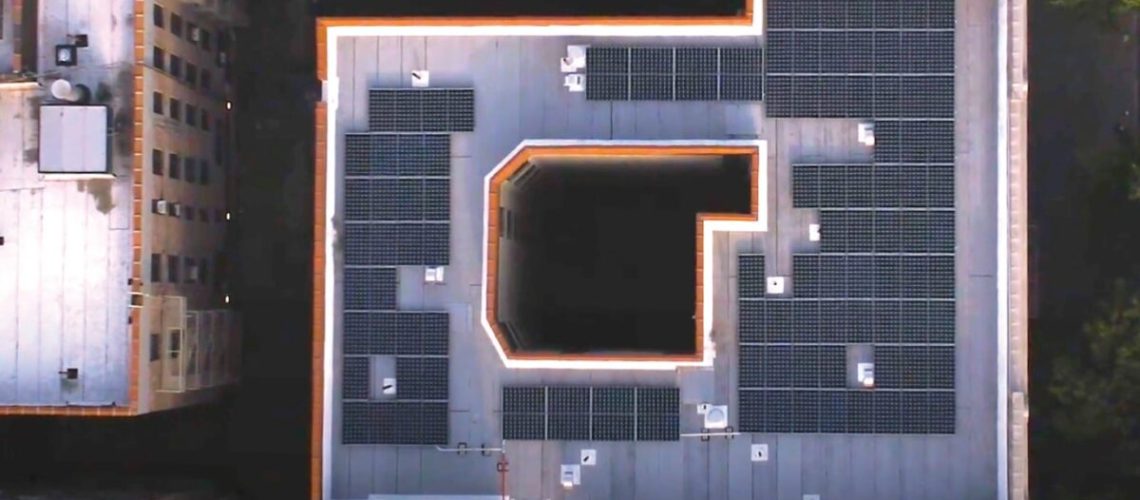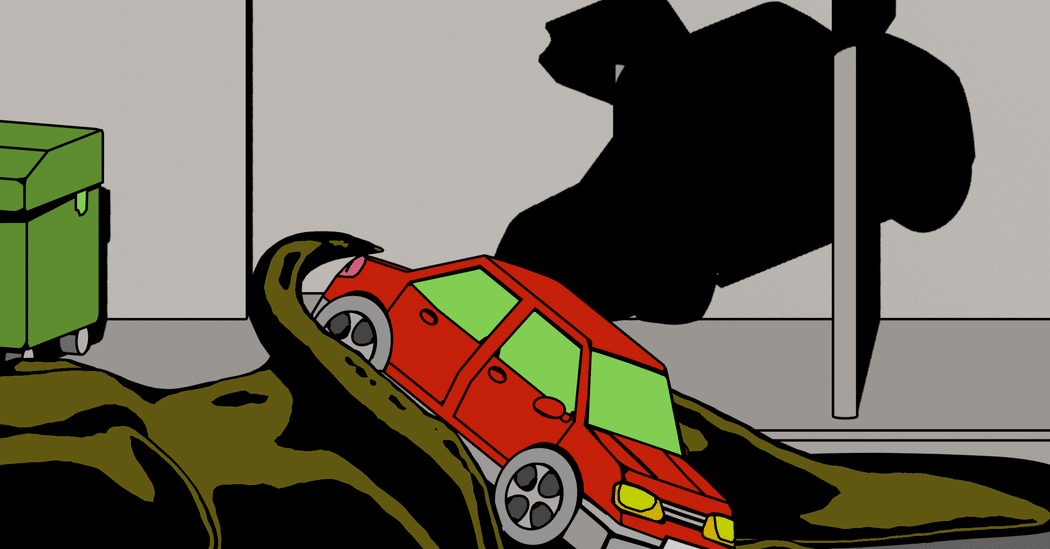A New York State program helps bring solar power to low- and moderate-income (LMI) housing by providing pre-development grants and technical assistance. The Clean Energy States Alliance considers the program a model for other states.
A New York State program is helping owners of low- and moderate-income housing to launch community solar projects.
The program provides grant funding and technical support at the pre-development stage, which includes site identification, establishment of site control, initial interconnection screening, structural analysis, site feasibility, financial analysis, and securing of project financing or credit enhancement for the project.
The program has supported the New York City nonprofit Urban Homesteading Assistance Board (UHAB), which supports affordable housing cooperatives in New York City, along with its nonprofit partner Solar One, to help add solar to 22 co-op buildings. UHAB conducts outreach to co-op residents, while Solar One designs projects, prepares cost estimates, and selects solar and/or storage construction firms.
The nonprofit affordable housing provider Fifth Avenue Committee (FAC) in New York City relied on the program’s support to install 255 kW of solar at seven of its buildings, yielding monthly energy savings of about $25 per subscribing household. FAC, which owns and operates its buildings, formed FAC Solar LLC to develop the community solar projects. The two entities plan to explore solar and storage projects for their other 40 properties.
Case studies of the two efforts are provided in a report from the Clean Energy States Alliance (CESA), which says that the New York State program “can serve as a model” for such programs in other states.
The program contributes to New York’s goal of reaching 10 GW of distributed solar by 2030. It has supported 43 projects to date with project grants of up to $200,000, with the grant size based on the scope of the proposed project.
Without the program’s support, says CESA’s case study, nonprofit affordable housing providers “can have difficulty overcoming the lack of financial resources, market experience, or staff capacity to bring a solar and/or storage project from the concept stage to operation.”
CESA says that lenders are reluctant to provide loans for pre-development costs for solar or solar-plus-storage projects to benefit low- and moderate-income residents “because these projects are considered risky by many commercial financing institutions.”
CESA is offering a webinar on the New York State program on September 19.
CESA’s Solar with Justice Initiative has produced several reports on collaborative work between states and communities that aims to “ensure that the benefits of solar are equitably shared.”




